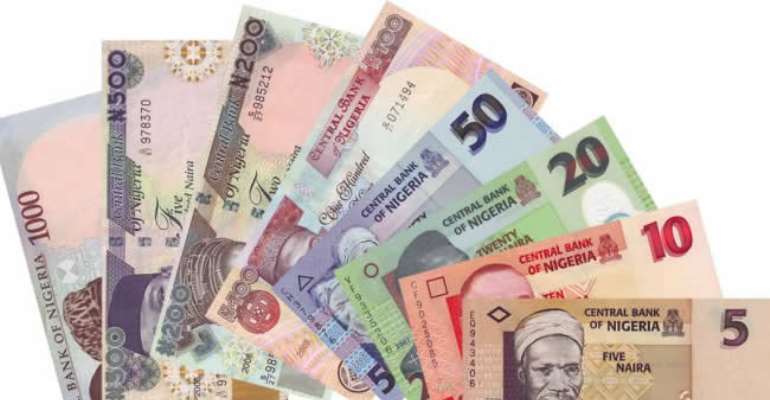CBN approves banks to write off bad loans …sets forex sales margins for BDCs

The Central Bank of Nigeria (CBN) has approved the write off of some banks' bad loans for which provisions have been made to help clean up their balance sheets.
The lifeline comes amidst pressures on banks, whose loan books have been hit by shrinking economy, falling currency and foreign exchange shortages following the slump in oil prices.
Several commercial banks had requested the apex bank to amend its rule requiring them to keep non-performing loans (NPLs) on their books for one year even after they have been fully provided for.
It was on the basis of this request that CBN granted them permission to write off these bad loans but on a one-off basis that applies until the end of this year.
'In view of the current macro-economic challenges … the CBN hereby grants a one-off forbearance, this year 2016, to banks, to write off fully provided NPLs without waiting for the mandatory one year,' the bank said in a circular dated July 28 and published on its website on Tuesday.
This forbearance is coming as Nigerian banks' NPLs are expected to hit to 12.5 per cent of total loans this year, up from a target of 5 per cent at the end of last year, as banks suffer a hangover from an oil industry credit boom that ended abruptly in 2015, according to Augusto & Co, Nigeria's main rating agency.
Last week, Diamond Bank said its NPLs ratio rose to 8.9 per cent by the first half, but expects it to fall to 7.5 percent by year end, while FCMB expects to restructure 25 per cent of oil and gas loans in the third quarter after it restructured 50 per cent of those loans last year.
Asset Management Corporation of Nigeria (AMCON), which was set up in 2010 to absorb bad loans during the country's financial crisis, has said it has stopped buying NPLs and is now focused on recoveries.
AMCON, Nigeria's 'bad bank', has said any decision to allow it to acquire NPLs would be up to the government and central bank.
Earlier this month, the CBN shored up mid-tier lender, Skye Bank, with a loan and replaced its management after its capital fell below levels required by regulators.
The central bank has also told banks to set aside extra capital buffers against their dollar loans immediately in the wake of a 40 per cent fall in the value of the naira.
On Tuesday, the naira hit an all-time low of N350 to the dollar in a single interbank market trade of $100,000. It later recovered to close at N310.50 after CBN's intervened.
Also, the central bank has banned lenders from participating in the interbank currency market on days they access its lending window in order to curb speculation.
Meanwhile, the CBN on Tuesday directed Bureau De Change (BDCs) operators not to sell foreign exchange above two per cent margin of the buying rate.
This is contained in a statement in Lagos signed by W.D Gotring, the Acting Director, Trade and Exchange Department of CBN.
The statement also directed authorised dealers not to sell foreign exchange to any BDC more than a maximum of 30, 000 dollars per week.
According to the statement, a BDC shall nominate its preferred dealer or a bank to procure the said amount from only that bank in a week.
It also said that the selling rate by the dealer to BDCs should be the buying rate from International Money Transfer Operators (IMTO) plus a margin not exceeding 1.5 per cent.
“Foreign exchange cash purchased by BDCs shall be sold to foreign exchange end-users at a rate not exceeding two per cent margin above the buying rate.
“The two per cent margin above shall be applicable to all funds to be retailed by the BDCs regardless of sources of funds,'' CBN said.
The statement mandated BDCs to render weakly report of purchases from authorised to its trade and exchange department.
It said that funds purchased by BDCs should be eligible for Business Travel Allowance, Personal Travel Allowance, Oversees School Fees and Oversees Medical Fees.
The statement warned that any BDC which violated the above directives would be punished accordingly. - Additional reports from The Nation.
